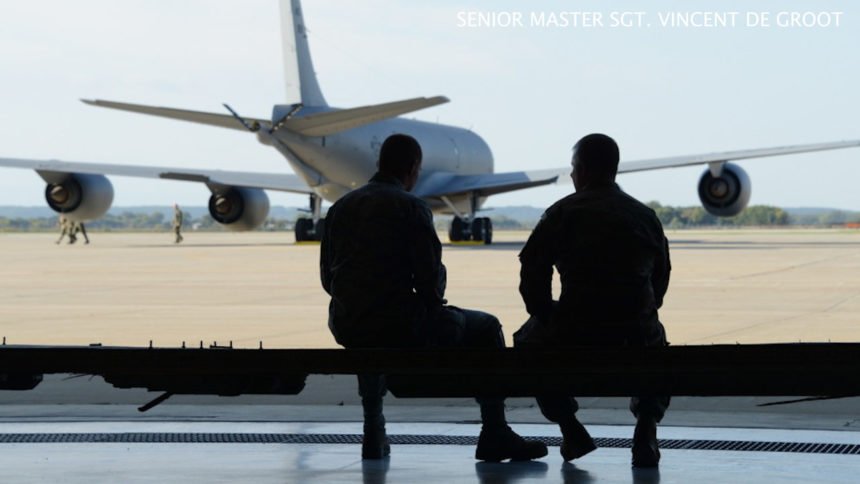Vandenberg AFB addressing alarming increase in Air Force suicide at upcoming Wingman Day

VANDENBERG AIR FORCE BASE, Calif. - An alarming increase in the number of Air Force suicides nationwide has officials at Vandenberg trying to figure out what’s going on, what’s changed and how they can help airmen feel comfortable coming forward.
Last year, there were 80 total Air Force suicides.
As of September 21st of this year, at least 100 airmen have taken their own lives and officials fear that number will grow.
“I know that there are airmen here at Vandenberg that are hurting. I know there are airmen here at Vandenberg that may not have the coping skills,” said 30th Space Wing Commander, Col. Anthony Mastalir.
30th Space Wing Commander Col. Anthony Mastalir says it’s his job is to reach out and connect with his airmen and he’s made it clear up and down the chain of command that is his expectation.
“We launch rockets and we launch test missiles and none of it gets done without our number one weapons system, which is our airman,” said Chief Master Sergeant Daryl James Hogan Jr, 30th Space Wing Command Chief.
Right now, the Air Force is losing more airmen to suicide than anything else, even more than combat.
“It's heartbreaking. There's no other word that I could use other than heartbreaking. Obviously these things ebb and flow if you look historically at the numbers and it's a societal problem. It's definitely a problem that we're dealing with here in the Air Force,” said Chief Hogan.
To address the issue, Vandenberg and bases around the country, took part in a Resilience Tactical Pause last month where commanders got raw feedback from their units.
“By raw feedback I mean we actually provided to our airman an email address that went straight to the Pentagon,” said Col. Mastalir.
Airmen have also asked for more interaction with their leaders so Col. Mastalir and Chief Master Sergeant Hogan now have breakfast every week with service members of all ranks.
“We're getting much better at that and have been getting better at what we're calling, saves where airmen will, or someday will identify as perhaps needing some help from a helping agency or the airmen will self-identify,” explained Col. Mastalir.
Our ears are open, our eyes are open and we're getting that feedback so that we can make positive changes within our installation here at Vandenberg,” said Chief Hogan.
Vandenberg leaders say they are not waiting for direction from the Air Force for phase two and they’re standing down again this Friday for Wingman Day.
“Resiliency isn't a buzzword. It’s something that we have to establish together and it's something that's just a part of life here at Team Vandenberg and across the Air Force Enterprise to where we take a step back from work and just focus on one another,” said Hogan.
The college-themed Wingman University will give airmen a chance to focus on their physical, mental, social and spiritual health and make meaningful connections.
“When we focus on our comprehensive health that means readiness for the Air Force and readiness for the installation so it’s really important that we take care of ourselves, each other and our families and then that way we’re healthy comprehensively and we can do the mission better,” said Pauline Chui, Community Support Coordinator.
Officials say there’s been a shift in the way they communicate with airmen and it’s all about building culture and making sure people feel like they belong.
“It just makes me want to try my best and as a command team, try our best to figure out what the actual problem is and figure out how do we get after this and how do we make people feel comfortable about coming forward so that they don't take those drastic measures. We don't want anyone taking permanent actions to a temporary problem,” said Hogan.
When asked what the community, civilians can do to help, Hogan says just keep doing what you’re doing. Officials say all the waves, smiles, conversations and inclusion make airmen feel like they’re home.
There are a number of helping agencies on base and if you’re dealing with suicidal thoughts, call the National Suicide Prevention Lifeline. That number is 1-800-273-8255 and it’s available 24/7.
